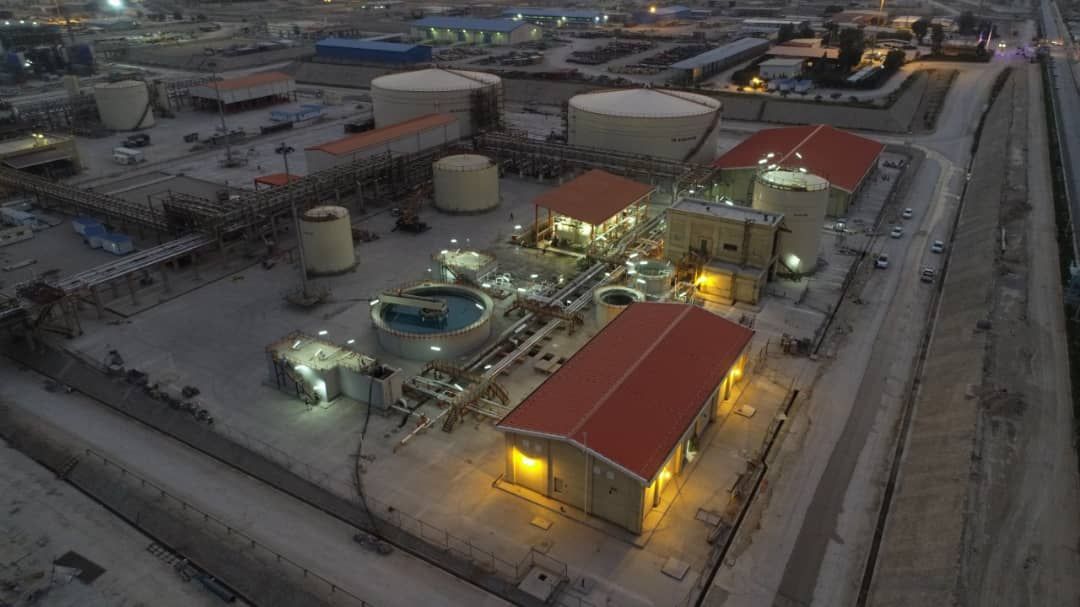Industrial Wastewater Treatment

Industrial wastewaters are effluents that result from industrial activities which are associated with raw‐ material processing and manufacturing. These wastewater streams arise from washing, cooking, cooling, heating, extraction, reaction by‐products, separation, conveyance, and quality control resulting in product rejection.
Industrial wastewaters have very varied compositions depending on the type of industry and materials processed. Some of these wastewaters can be organically very strong, easily biodegradable, largely inorganic, or potentially inhibitory. This means TSS, BOD5 and COD values may be in the tens of thousands mg/l.
The main goal for industrial wastewater is to minimize wastewater production or recycle waste streams within the production process. However, many industries remain dependent on processes that
produce wastewaters.
As mentioned above the type of industrial pollutants varies significantly, RWT employs a variety of proven methods and tools to manage and treat them efficiently. Different technology and processes in treating industrial wastewater are:
- Screening and solid removal
- Oil removal technologies such as API, CPI, Hydro‐cyclone, DAF, DGF, IGF
- Biological treatment including anaerobic methods such as ABR, UASB,EGSB and aerobic treatment methods such as extended aeration, SBR, MBBR, MBR
- Oxidation processes such as ozonation, H2O2 or permanganate injection
- Adsorption processes such powder activated carbon or granular activated carbon filters
- Filtration process such as sand filtration, multimedia filtration, UF, nutshell filters
- Selective ion exchange processes
- Reuse by membrane processes